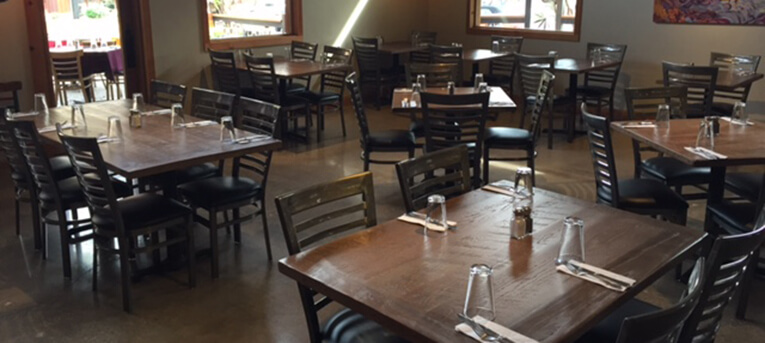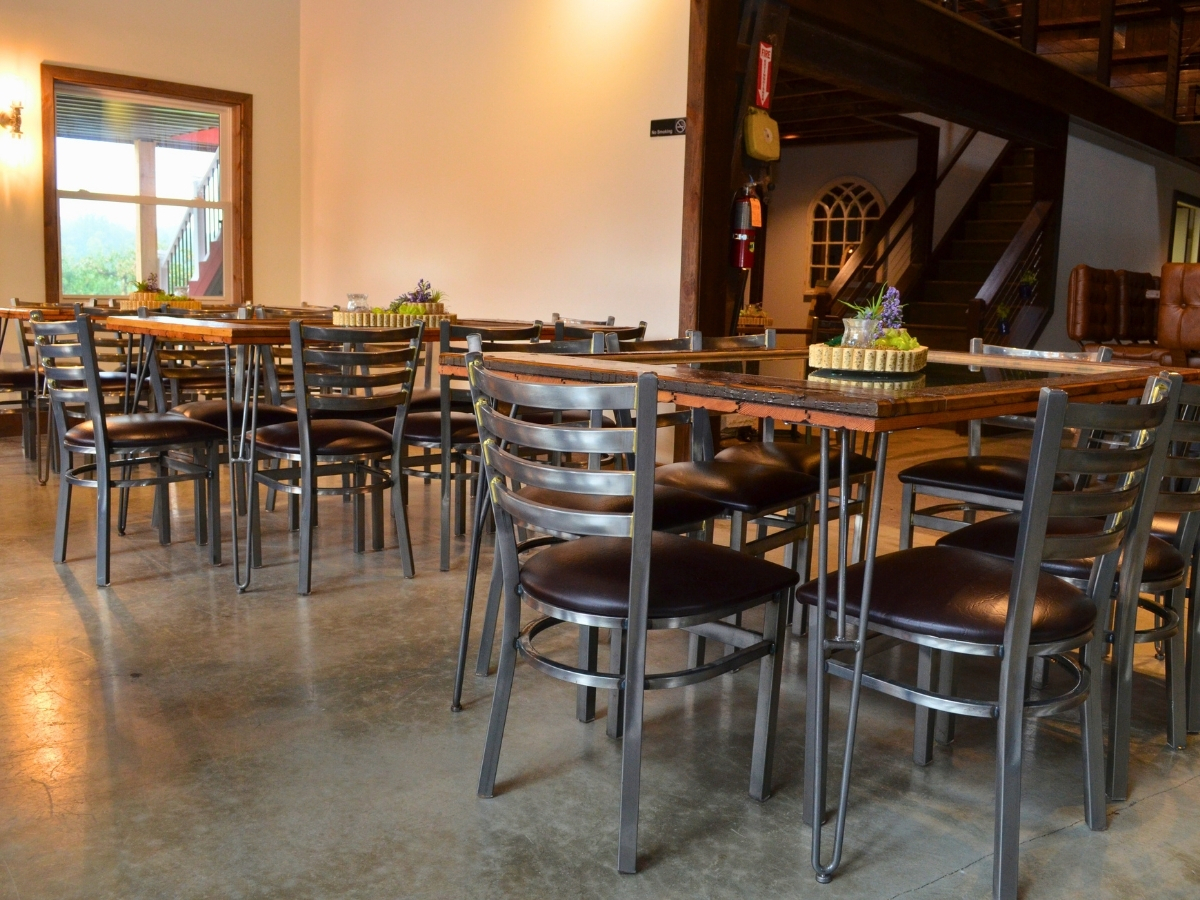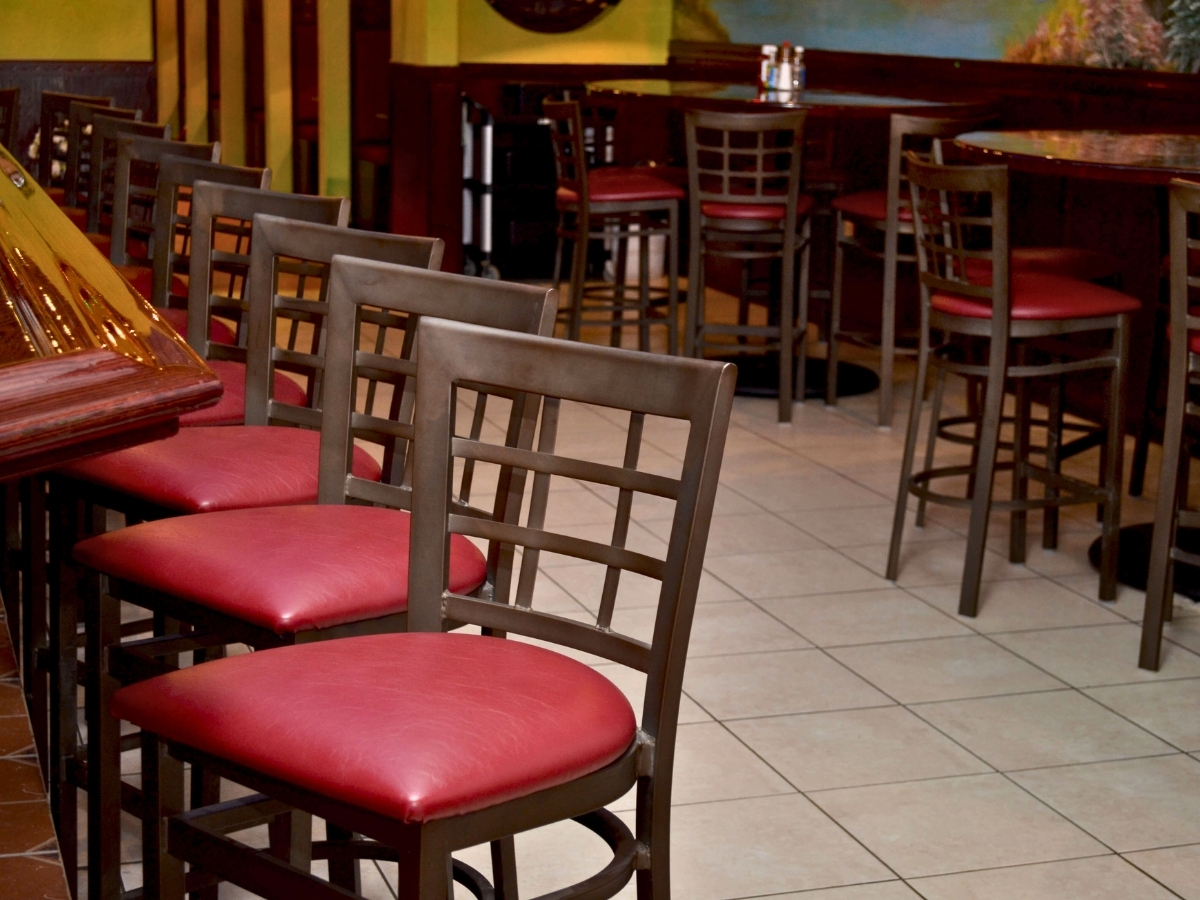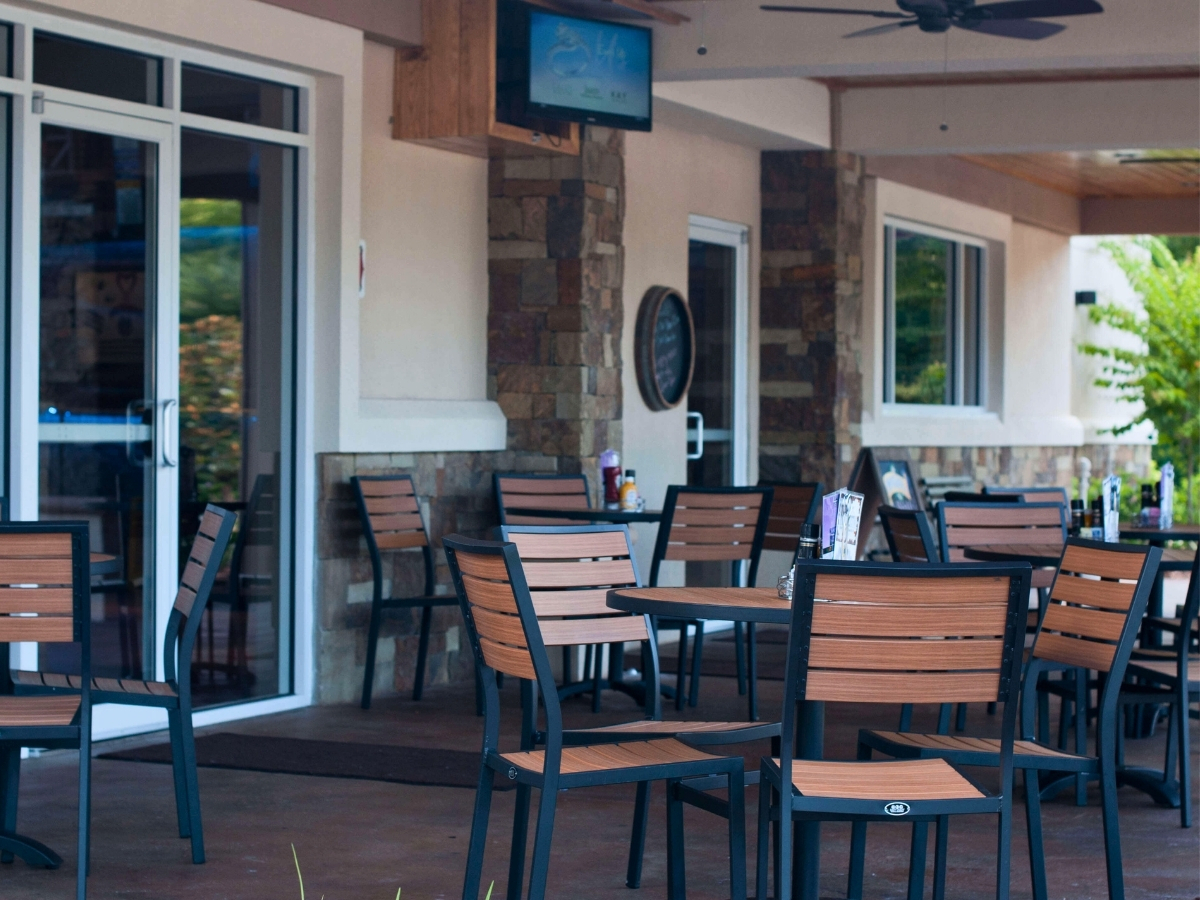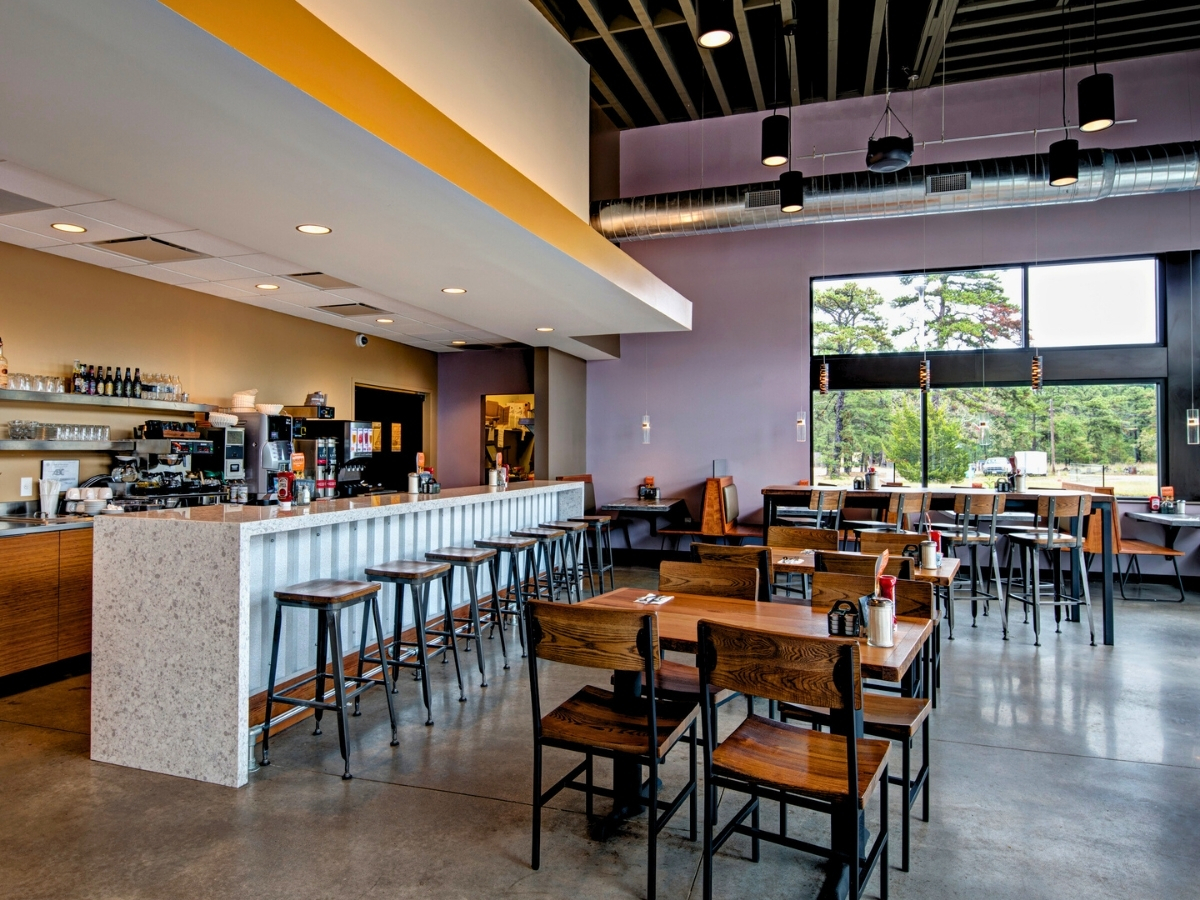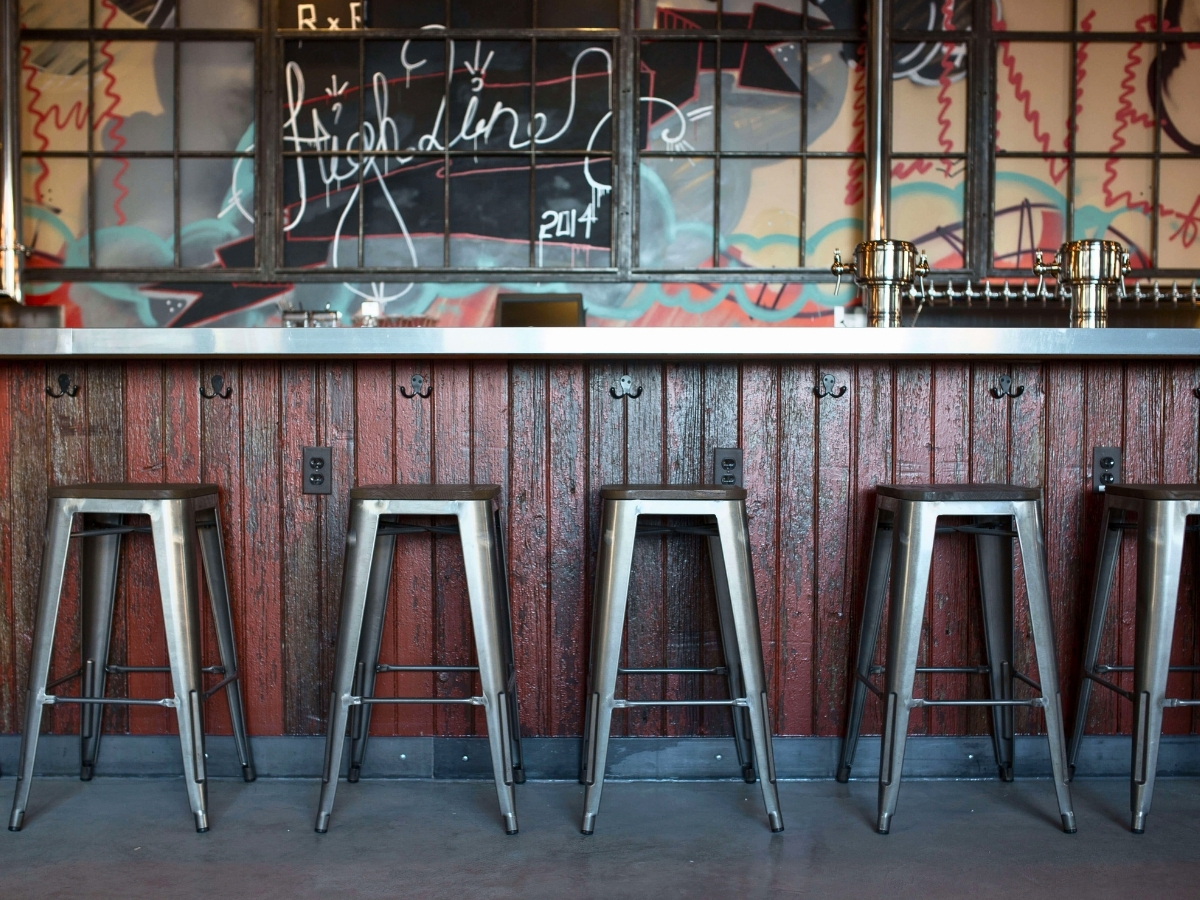There are a lot of exciting and interesting parts of the restaurant industry. While insurance probably doesn’t make your top 3 most exciting topics, that doesn’t mean that it isn’t important. Can you imagine if your business went up in flames and you didn’t have any sort of insurance to cover the losses? You could spend the rest of your days paying for a business that didn’t even exist anymore. Certain insurances are required just to be able to open your restaurant while others are supplemental and might just be a good idea to have. We spoke with Steve Scuilli Vice President of Exchange Underwriters Inc., a man with 25+ years of experience in the insurance industry, to get you an expert opinion on what you need to know about insuring your restaurant.
Who Needs Restaurant Insurance?
Basically, all businesses in the restaurant and food industry need some sort of restaurant insurance. Bars, cafés, diners, delis, fast food restaurants, lounges, pubs, breweries, and pizza places all require some sort of insurance specifically designed for the food industry.
Do you remember Chi-Chi’s, the Mexican restaurant that is now infamous for having the largest outbreak of Hepatitis A in U.S. restaurant history? The restaurant was already suffering from bankruptcy when the cases came to light. Due to the outbreak, hundreds of people were sickened, one needed a liver transplant and four people sadly died. Green onions from Mexico that were used to make salsa were the cause of the outbreak. The fault was with the suppliers but Chi-Chi’s was not financially stable enough and did not have enough liability insurance to meet all the claims that came out after the outbreak. Perhaps if they had enough insurance they would still be around today.
While every business in the food industry needs some form of insurance the types can vary based upon the business itself. For example, an ice cream shop and a bar with both need general liability insurance but the ice cream shop will probably not need liquor liability insurance. Some policies will be state requirements, some are just a good idea, and some form of life insurance might be required by the lending agency for the owner(s) of the business. It is important to check on your state’s requirements and to speak with your bank on what they might require.
ProTip: When deciding on calling an agency determine what is a priority for you; a low cost, a close location, or superior service. Knowing this before you start the process can help streamline your choice.
How Insurance Cost is Determined
One of the first steps when starting to look into your insurance options is to call an agency and speak with an agent. They will then proceed to ask you a series of questions or have you fill out a questionnaire about your business. Your answers to these questions are what determine the cost of the policies you are trying to acquire.
They then take these answers to an underwriter who uses them to determine your risk of exposure. Your risk of exposure is an event or state of being that can subject you to loss because of some hazard or contingency. The risk of exposure for a business often ranks the prevalence of a risk according to their probability of it occurring multiplied by the amount of money that could be lost because of the occurrence. There are different types of potential loss for each industry but for the restaurant and bar business they look at similar factors. Some of the factors the insurance companies look at include:
- Class of business- Different classes of business have different exposure to problems such as crime, a liquor liability suit, and workers compensation.
- Hours of operation- establishments with longer hours are at a greater risk for loss because the longer you are open the more opportunities for something to go wrong.
- Clientele and location- Both the character of your clientele and the safety of your location can affect the exposure risk.
- Entertainment- Any form of entertainment automatically increases the chance of loss. Establishments bring in entertainment to attract a larger crowd than they would have otherwise, which increases both sales and risk.
- Promotions-Promotions are also meant to bring in more patrons than normal. People tend to eat and drink more during promotions which can increase the risk of exposure such as customers being overserved or damaging the building.
- Years in operation-The failure rate for bars and restaurants can be relatively high so the longer the establishment has been in operation, the more experience the owner(s) are likely to have and the better the quote could be.
- Owners experience in business-The more experience the better. Experienced owners are usually more responsible and know how to train their employees to minimize risk.
- Security-Security personnel are important to have, especially in a busy bar environment.
- Alcohol server training- it is important that bar and restaurant employees are educated on how to responsibly serve alcohol and recognize those that are intoxicated. Many companies offer a discount to restauranteurs who have their employees utilize those programs.
- Adult entertainment-These establishments run a much higher risk of exposure than many others, fights and damage being some of the more prevalent risks.
Underwriters take all these factors and then evaluate the exposure factor each presents and then rate your businesses risk accordingly. All of these factors come with their own set of issues that will be factored into your final quote, which is how much you will need to pay to carry your policies.
Pro Tip: A big name agency might be able to offer discounts but a local agency could have the benefit of being more familiar with the laws in your state. If they are close it might be more convenient to reach them if something should happen.
Types of Insurance
General Liability- This is a type of umbrella policy, this is also the most common insurance. It covers lawsuits from non-employees that sue over injuries and some property damage.
Property Insurance- reimburses you for property loss related to fire, burglary, and some types of storms that may not be covered by your general liability insurance. Includes: building, furniture, tap systems, and glassware but may not cover floods or earthquakes.
Liquor Liability- many states require this with your liquor license and some variables may change from state to state. This protects against a liability claim as a consequence of someone getting drunk to the extent that injuries or property damages are the result.
Workers Compensation Insurance- This insurance covers medical expenses and lawsuits from employees injured on the job. This is also usually required by state law.
Automobile policy- If your business uses any type of vehicle as transportation you are going to want this policy. This covers the vehicle the same way any other car insurance would but can cover items such as food trucks, and catering vans.
Umbrella Insurance-This insurance pays for lawsuits that exceed the limits of small insurance policies. You can’t have an umbrella policy without a general liability policy. An Umbrella policy is based on what you have to lose.
Life Insurance- This is not required by law but some lenders may require it in case something should happen to the store owner their family will not be left trying to pay off any debts that may have been incurred.
Loss of Business-This insurance can cover loss of sales through a specific cause. Something like a power outage that causes a business to lose its inventory would be covered. Some of the income can be recouped but a lot of times with the cost of premiums owners can break even so you should speak to your agent about whether this plan would be beneficial for your business or not.
ProTip: Cameras are a great way to prove or fight an insurance claim. If you can afford it try to install them in your business. It is hard to dispute evidence that has been filmed. They are also great for helping to spot employee theft.
When it comes to selecting policies, after you get the ones required by the state and your lending agency, you are the one that knows your business and financial situation the best. An agency can work to guide you with different instances they have come across but ultimately it is your decision if you want any extra insurance.
When asked if there was one piece of advice he could give to customers Scuilli said that owners should take a hard look at their business and determine where their greatest risk of exposure is and be sure to cover those areas. The second was to know what you can handle financially speaking. It doesn’t make sense to sign up for insurance that you won’t be able to afford to pay on.
While selecting insurance isn’t one of the sexier aspects to being a business owner it is vitally important. Insurance can protect you and your business from a myriad of problems. Insurance may seem like a lot of money for little to no return, but it is always better to be prepared when it comes to your business.

